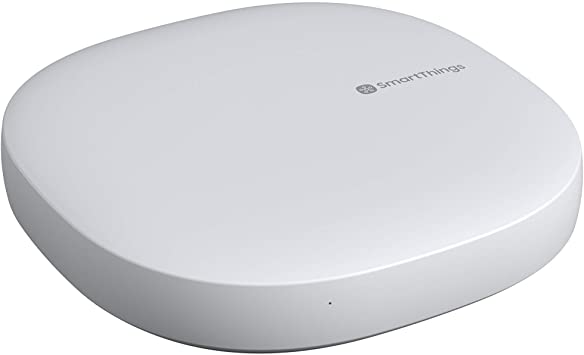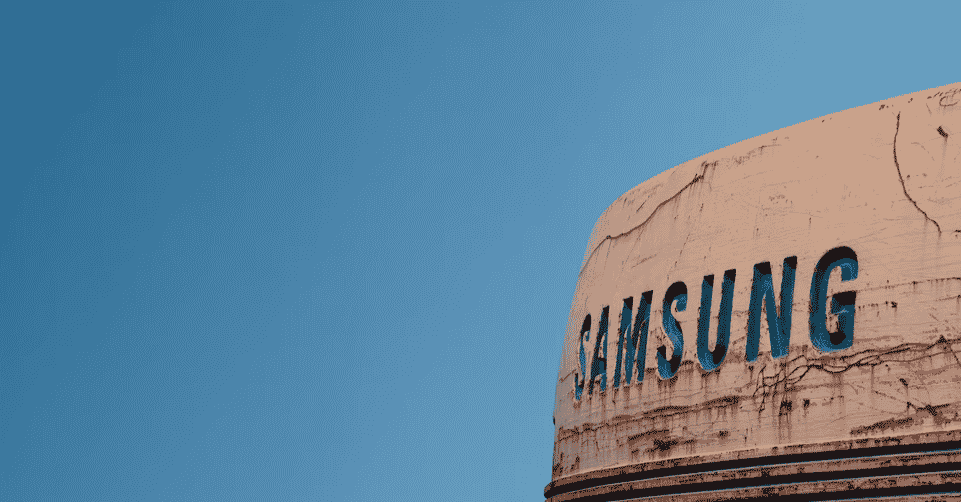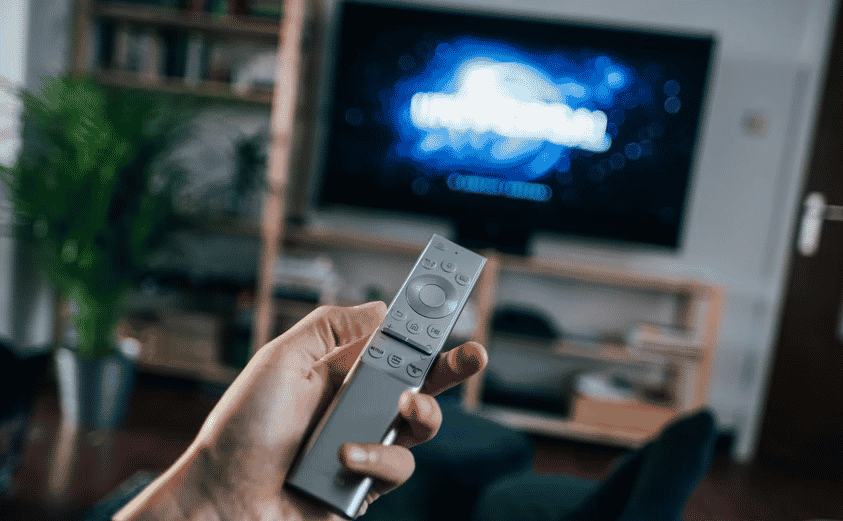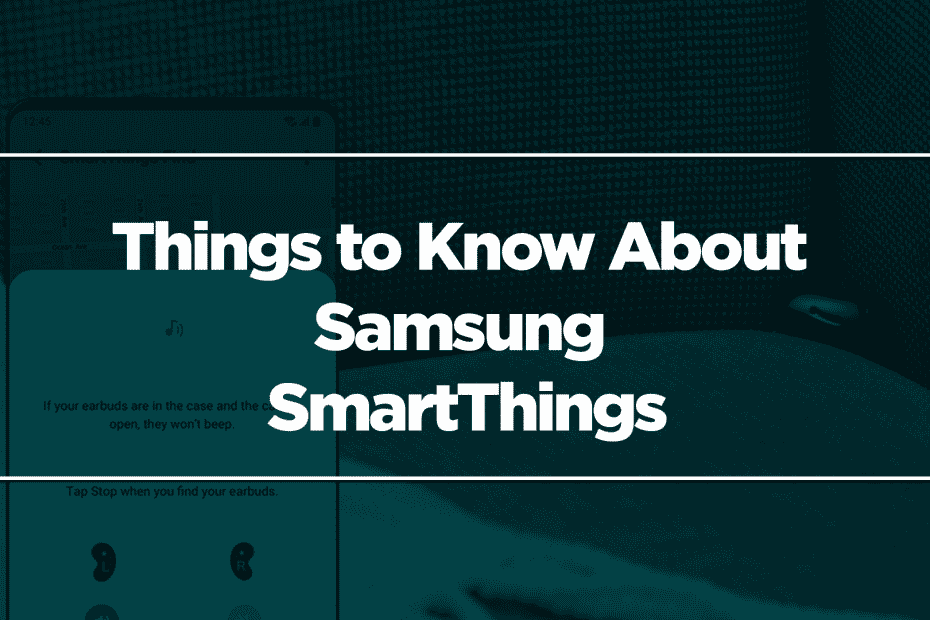The smart home scene is entering a new age. Before this change, you need to think about 2w1hether or not the smart device is compatible with your smart speaker before buying it. You won’t need to do that anymore. You can buy any smart device because it will work with any voice assistant.
That’s all thanks to Matter. It is a standard Samsung, Google, Amazon, and Apple have created together. Matter will also free you from getting locked into one platform. You can switch from SmartThings to Google Home or Alexa to Apple HomeKit. The gist is any Matter-enabled device can come home with you.

This shift is perhaps the biggest change in the smart homes industry. Smart homes will offer even more comfort and convenience by eliminating interoperability issues.
Of course, this shift means the major platforms that enabled people to control their connected devices are changing too. The Verge interviewed Mark Benson, SmartThings US’ newly appointed head. Here’s what they discussed.
SmartThings Overview
Then years ago, SmartThings got on Kickstarter. It is among the only standalone hubs from the early days of the DIY smart home boom that is still up today.
SmartThings hubs can connect devices from different manufacturers. In turn, that allows you to control them all in one app.
Admittedly, there are now more hubs, including Amazon Alexa and Google Assistant, that do the same thing today. But SmartThings is among the few consumer-level devices with multiple radios, including Wi-Fi, Zigbee, and Z-Wave. That lets the hub control a wider range of smart home devices.
Furthermore, the SmartThings hub works with cloud-to-cloud software services. It is also one of the most-compatible smart home platforms. And it also boasts voice assistant support for Amazon Alexa, Google Assistant, and Samsung Bixby.
Samsung acquired SmartThings in 201. Since then, it has become the electronics giant’s primary platform for connected devices.
The SmartThings app now comes pre-installed on Samsung phones, but you can download it on other phones. The app works on Android and iOS phones. Thus, you can control the connected appliance without buying a Samsung smartphone.
Samsung has moved away from manufacturing SmartThings hardware since the acquisition. It has offloaded the task of manufacturing both the standalone hub and many of the sensors to Aeotec. Samsung is instead focusing all its efforts on the SmartThings app and supporting Samsung’s connected products through software.
The Direction SmartThings is Heading
The Verge asked Mark Benson where he wants to take SmartThings now that he is leading it. Benson replied by saying there’s been a lot of changes in the industry since SmartThings launched. So, the platform also has to evolve architecturally. Benson stated that they are working on setting SmartThings for scale and flexibility in the future.
The smart home space is gaining more traction thanks to the pandemic. People are reimagining what their homes could be like and rediscovering how they can improve them. And hence, they have been more willing to add smart devices to their homes.

Benson says that SmartThings have been at the center of that movement since. And so, it has a unique opportunity to bring its partners together to commit to Matter, the new industry standard. The industry has acknowledged that for smart homes to grow, they must address connectivity and interoperability issues. So indeed, SmartThings have that opportunity.
So the short of it is Benson wants SmartThings to make companies work together to enable the smart home space to flourish.
Moving the Original SmartThings Into The New One
There have been two parts of SmartThings: the original SmartThings and Samsung SmartThings. But Samsung is no longer making SmartThings hardware. It also said that future hubs would be software-based. Many users are worried about that shift.
Benson says it is an evolution, and moving the original SmartThings into the new one has been happening for a while. He adds that they’re really trying to bridge those worlds together
SmartThings’ history has been the hub and the community with all of the innovations that they have brought. But they are also “seeing a massive explosion in the adoption of SmartThings through the Samsung appliances and TVs.”
So, there is a divide between the two users. The innovators and early adopters really know how to run a smart home. On the other hand, the everyday user has some smart devices but is not as knowledgeable about the full scope of a connected home.
According to Benson, the future growth is in the everyday users. However, they don’t want to leave the early group behind. SmartThings wants to bridge the two together. Also, it aims to find ways to enable the community to innovate to make the whole SmartThings platform better for everybody.
SmartThings and Matter
Mark Benson confirmed that they would update the standalone SmartThings V3 Hub and the Aeotec SmartThings Hub to support Matter when it arrives. That would be in fall 2020.
SmartThings is also getting integrated more deeply across the Samsung portfolio. The SmartThings Hub software is built into select 2022 Samsung Smart TVs, Smart Monitors, and Family Hub refrigerators. They will update these devices to get Matter as controller support. So you can use them to connect a wide variety of existing smart home devices.
SmartThings also plans to support Matter as a controller to SmartThings Hub V2. That will allow existing users to connect and control Matter-enabled devices.

Please note that SmartThings Hubs will not act as Matter bridges. Therefore, they will neither bridge nor expose non-Matter devices to other Matter controllers.
Matter-enabled SmartThings hubs will continue to support existing devices and protocols. That provides SmartThings customers with flexible connectivity options.
In the past, you have to ask questions like, “Which is the most flexible platform for enabling different kinds of protocols and devices?” You don’t have to do that in the near future because of Matter.
Admittedly, it will take time before Matter gets developed and adopted. But it is, without a doubt, the future for SmartThings and smart homes in general.
